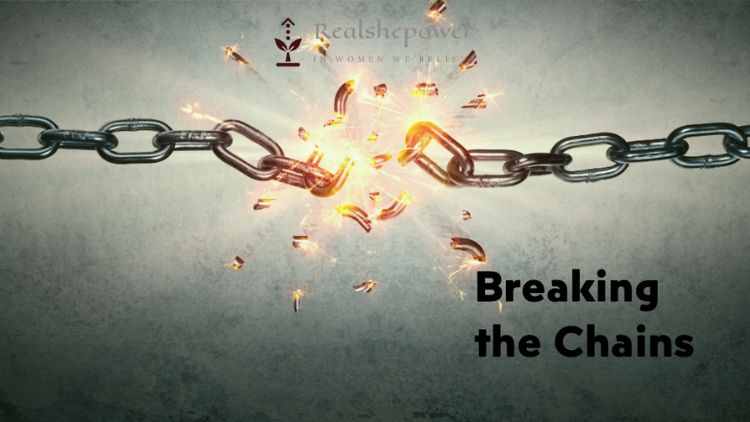Breaking the Chains: Unveiling the Entrenched Patriarchal System in Western Societies


Introduction
In our supposedly progressive Western societies, the patriarchal system, with its deep-rooted biases, continues to exert its influence, perpetuating gender inequality despite claims of gender parity. Let’s delve into the manifestations and consequences of this system, exploring how it shapes cultural expectations, workplace dynamics, media representations, and the alarming persistence of gender-based violence.
Table of Contents
1. Cultural Expectations and Gender Roles
“Boys will be boys” and “girls should be nurturing” are all too familiar phrases that reinforce traditional gender norms. Western societies still place immense pressure on women to prioritize domestic responsibilities and caregiving roles, while men are expected to be assertive breadwinners. These expectations limit both men and women, confining them to predefined roles that hinder their personal growth and potential.
For example, a study conducted by the Pew Research Center found that women in the United States continue to perform a disproportionate amount of unpaid household chores, despite their increased participation in the labor force. This imbalance reflects the underlying expectations imposed by the patriarchal system, perpetuating an unequal distribution of responsibilities and reinforcing traditional gender roles.
2. Workplace Inequality
While progress has been made towards workplace gender equality, significant disparities persist. The gender pay gap, occupational segregation, and limited representation of women in leadership positions are clear indicators of a patriarchal system that favors male dominance in professional spheres.
Catalyst, a global nonprofit focused on advancing women in the workplace, reports that women in the United Kingdom hold only 34% of managerial positions and earn less than their male counterparts. These statistics illustrate the systemic barriers that women face in career advancement and the continued prevalence of the patriarchal power structure.
3. Media Influence and Objectification
Media plays a powerful role in shaping societal perceptions and reinforcing patriarchal ideals. Women are often objectified and portrayed in limited, stereotypical roles, reducing their worth to mere physical appearance. This objectification not only devalues women but also perpetuates harmful societal norms that prioritize looks over intellect or accomplishments.
For instance, a study published in the journal Sex Roles analyzed the portrayal of female characters in popular films and found that they were often depicted in hypersexualized and submissive roles, reinforcing the patriarchal notion of women as objects of desire. These media representations contribute to a culture that normalizes gender-based violence, harassment, and discrimination, further entrenching patriarchal norms.
4. Gender-Based Violence and Victim-Blaming
One of the most disturbing consequences of the patriarchal system is the prevalence of gender-based violence and the subsequent victim-blaming that occurs. Women who experience assault or harassment often face blame, scrutiny, and disbelief, reflecting a society that prioritizes protecting the status quo and preserving male privilege over supporting victims and addressing the root causes of violence.
A report by the United Nations Office on Drugs and Crime revealed that globally, 137 women are killed by a family member every day, emphasizing the urgent need to address gender-based violence. Overcoming this deeply entrenched issue requires dismantling the patriarchal systems that perpetuate victim-blaming and fostering a culture that holds perpetrators accountable.
Conclusion
The entrenched patriarchal system in Western societies necessitates ongoing efforts to challenge and dismantle it. Achieving true gender equality requires a collective commitment to unraveling biases, amplifying marginalized voices, promoting education and awareness, and implementing policies that support gender equity in all aspects of life.
By fostering open conversations, supporting grassroots movements, and advocating for systemic changes, we can break free from the chains of the patriarchal system. Let us envision a future where individuals of all genders can thrive, liberated from societal expectations and empowered to pursue their passions and ambitions on equal footing.
You can now write for RSP Magazine and be a part of the community. Share your stories and opinions with us here.
